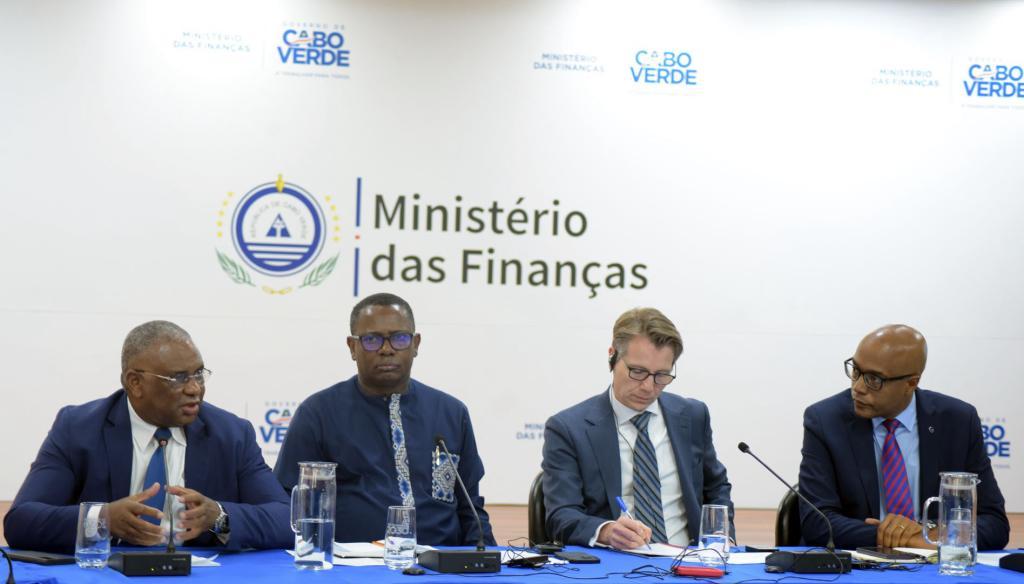Africa-Press – Cape verde. The International Monetary Fund (IMF) and the Cape Verdean authorities announced on Tuesday in Praia another positive mid-term review of the two programs running in the archipelago, allowing new disbursements from the fund and an extension until December 2026.
“The completion of the sixth review of the Extended Credit Facility (ECF) will allow the disbursement of approximately six million dollars (5.3 million euros), while the completion of the third review of the Resilience and Sustainability Facility (RSF) will allow the disbursement of approximately 10.6 million dollars (9.4 million euros),” said Martin Schindler, leader of the IMF team that held meetings with the Cape Verdean authorities from May 5 until Tuesday.
The extension, “until December 2026, supports the continued success of the authorities’ economic policy and reform agenda,” the fund detailed in a statement.
The extension will add approximately US$10 million to the ECF credit line – which will increase from the original US$60 million agreed three years ago (and distributed through periodic disbursements) to approximately US$70 million.
The government had already announced a request for a term extension, referring the continuity of the programs with the IMF to the government chosen after next year’s legislative elections.
All ECF performance indicators and criteria, set for the end of December 2024, “were met”, while the implementation of the RSF “has advanced, although some reforms require more time than expected”, noted the IMF.
“The economy of Cabo Verde continues to perform well, supported by tourism, positive developments in exports and growth in private consumption. Increasing the rate of execution of capital expenditure by the government could improve potential growth”, indicated the IMF team.
The fund forecasts that GDP will grow by 5.2% in 2025 (after 7.3% in 2024), while inflation (which was 1% in 2024) should converge to close to 2% in 2025 and in the medium term, “essentially in line with eurozone inflation”, as has historically been the case.
“The current account balance is expected to gradually return to a deficit of 1.3% of GDP in 2025 and stabilise at around -3.5% in the medium term”, it added.
The IMF expects “strong budget execution in 2025” and a trajectory aligned with “debt reduction objectives”.
“The macroeconomic outlook remains favourable, although significant downside risks remain”, as pointed out in other IMF analyses, due to vulnerability to external shocks, “particularly in the energy, food prices and tourism sectors, especially in the current context of high uncertainty in world trade”.
The IMF reiterated that possible “delays in public enterprise reforms and an increase in public debt” could “undermine fiscal sustainability”.
The programme supported by the ECF credit line was approved in June 2022 and provides for periodic disbursements aligned with a programme to strengthen public finances and put debt on a downward path, reduce fiscal risks arising from public enterprises and improve financial management.
The RSF program, approved at the end of 2023, with a total of around 31 million dollars, also with periodic disbursements, is intended to support resilience in the face of climate change by attracting external investment and government reforms.
For More News And Analysis About Cape verde Follow Africa-Press






